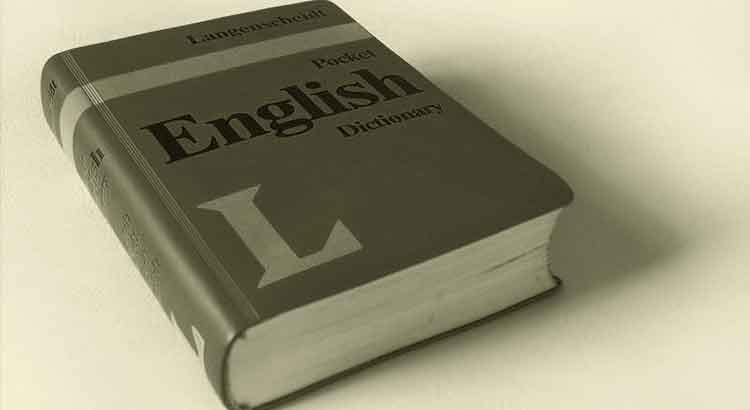Knowing English is a duty of the modern intellectual. In the first place, because English literature is the greatest in the world—that is, it has the largest number of, and has for the longest time consistently produced, first-rate authors;—secondly, because it is the closest to a universal language—that is, the language of the most common interchange and also the language of specialized literature in most areas of knowledge;—and finally, because the English have translated everything: it is often easier to find an English translation than an original French, Italian or Spanish, to say nothing of less popular languages. Knowing English, therefore, is not only to make one’s study life easier, but an obligation since the lack of English deprives the student of much of the best that is available. From all this, the problem. The Portuguese-speaking writer, for example, the more he gorges himself on English, the more he must fight to not, under any circumstances, allow it to penetrate his writing. A language whose strength, simplicity, is also its greatest weakness: syntactically, English is limited; when translated into Portuguese, its poverty is stark. Bad translations from English are intolerable, and even originals should be read with great care, preferably interspersed with vernacular works, and the precaution should be the same as that of the chemist who puts on gloves before working.
Knowing English Is a Duty of the Modern Intellectual
